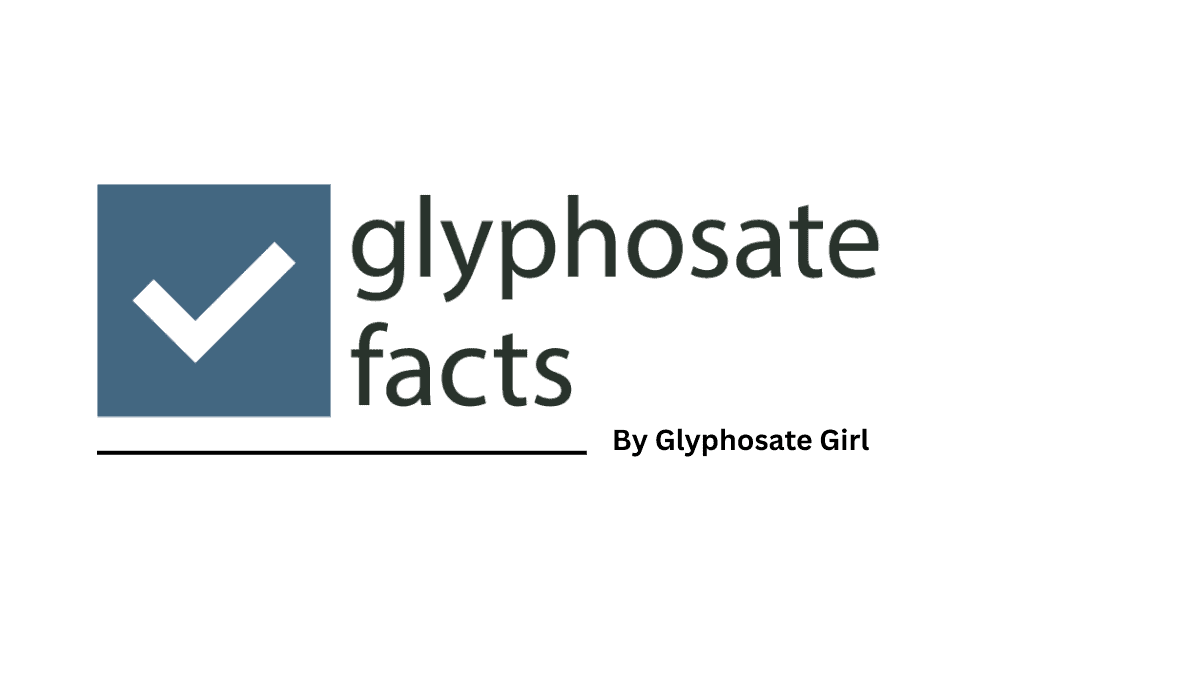The Old One Two Punch

The Latest From AOJ
So, full disclosure, I have received money now and then from class action settlements. You know the kind—you get a postcard or email that asks if you owned an iPhone in the 21st century, or bought health insurance from any of an array of ripoff artists, I mean corporations. Alas, the compensation checks I received were always in the single digit number of dollars. This made me wonder: What exactly is the point of these large class action settlements, if the compensation is a joke?
Granted, the harm I suffered from, for example, Apple’s throttling scam was imperceptible, but when I did eventually take the old iPhone 6 in for a new battery, it was practically free—a direct result of the pressure brought to bear on the company by lawyers and activists.
Maybe that is what settlements are all about—maybe they are, like punitive damages, meant to correct the bad corporate dogs who bite people. So it came as no surprise to me that the elimination of potential punitive damage awards was one big reason Judge Chhabria nixed the latest proposed $2 billion Roundup class action settlement. (Unfortunately the $2 billion is, apparently, a parking ticket to the likes of Bayer AG, who Chhabria called “a massive, wealthy company, [that] continues to make money specifically from Roundup sales.”)
Chhabria had a litany of other reasons, (or “glaring flaws” as he put it). These included problems with a so-called medical monitoring program for Roundup users who are undiagnosed with NHL, which sounded to me like bullshit from the start. (At last week’s hearing, Chhabria hypothetically portrayed himself as a 52 year old Roundup user, and wondered how a disease with a latency of 10-15 years could possibly be detected during the four years that the settlement would be in place.)
Then there was what he called the “likelihood” of paltry payouts ranging from $10k to $60k. Yo, can someone show me a settlement, any settlement, where victims are justly compensated? Oh, fuck me, I forgot, that is not what settlements are for…
And remember the “science panel” provision? Chhabria—a judge who has never been particularly impressed with the science behind the plaintiff’s cases—was prompted to write: “the reason Monsanto wants a science panel so badly is that the company has lost the ‘battle of the experts’ in three trials.”
And so this class settlement proposal went in the circular file, but it is not like it was an evil thing. Many lawyers put in a lot of time working on it without compensation, I have to assume– but would have been well remunerated had it gone through. (And, of course, many lawyers worked to get the thing tossed out. Also, I presume, without compensation, win or lose.) Most of last week’s hearing on the settlement came down to an animated back and forth between Chhabria and Elizabeth Cabraser, who argued in favor of the settlement. At times she seemed like an insurance salesperson with a crappy whole-life policy she was trying to unload. But at other times she seemed astutely tuned into the plight of her class, particularly agricultural Roundup users, many of whom are immigrants or on work visas, who might have had the most to gain from the class action. (The class notice was problematic for Chhabria, who wrote: “If notice in this situation could ever be adequate, it would need to communicate the settlement’s message very clearly and offer something sufficiently valuable and tangible to make it worth the potential class members’ attention.” )
I’ve often wondered what the percentage breakdown is among plaintiffs between agricultural and residential users of Roundup. Apparently it leans heavily towards the latter, according to The Wall Street Journal, which reported today that, after Chhabria’s order went out, Bayer “said it would rethink selling glyphosate-based products to the U.S. residential market but not to professional or agricultural users. Meanwhile, Bayer stock took a nearly 5% haircut today.
Small dents in the armor, but dents nonetheless.
The Journal article on Roundup appeared on page three. Seemingly unrelated news of Shell and Exxon taking beatings at the hands of a Dutch court and an activist investor, respectively, was the lead story on page one. The court told Shell to dramatically reduce its carbon footprint—yes, including that of the fossil fuels they sell—and the activist investor, who wants Exxon to work towards a phase-out of fossil fuels, gained “at least” two seats on Exxon’s board.
You might be asking what fossil fuels have to do with Roundup. A lot, actually, but we can get into that another time. I was just happy to see three significant victories, for people and the planet, in as many pages of the WSJ. Maybe it is a clue of how we can solve these immense problems: a one two punch in the courts and in the pocketbook of corporations who haven’t heard that it’s not business as usual anymore.
© 2021, by AOJ, aka Robert Howard

